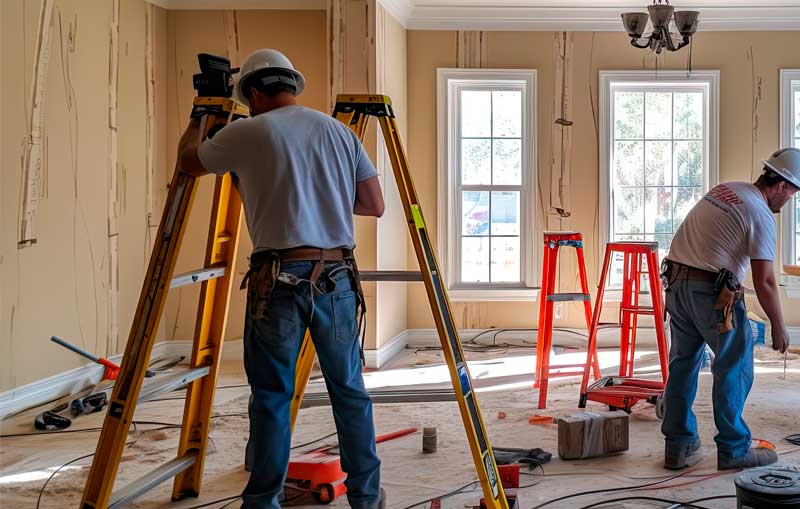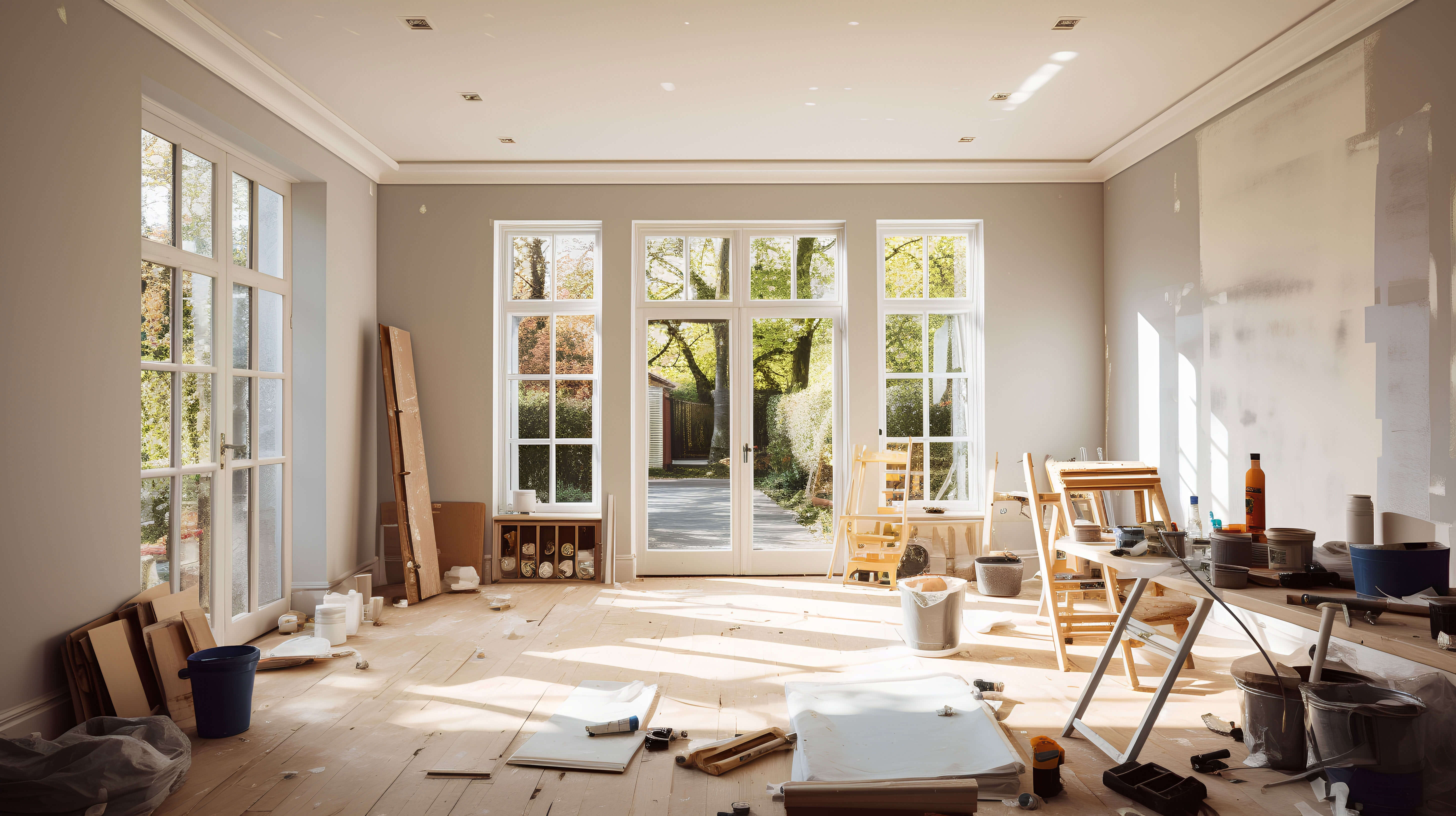Homeowners decide to improve their homes for many reasons. Some want to make their houses more comfortable or to add market value when they decide to sell. Others may seek improvements that will improve efficiency and safety. No matter why you decide that it's time to invest in home improvements, you should compare financing options to decide which one works best for your situation.
The Best Ways to Finance Home Improvements
The best financing option for your home improvement projects will depend upon your budget, credit, and personal preferences.
1. Save and Pay Cash
If you can save up cash for your expenses, you won't have to pay even more in financing charges. Having cash can also help you negotiate discounts with suppliers and contractors. On the other hand, you won't want to deplete your savings so much that you lack money for emergencies or other unexpected expenses. If you already have other high-interest debt, you might benefit from using spare cash to pay that off and getting a low-interest loan for your home improvements.
2. Use Your Home Equity with a Cash-Out Refinance
Home equity refers to the difference between your mortgage debt and the home's appraised value. If you have average or good credit, you probably can leverage equity to secure comparatively low-cost financing. On the other hand, you'll need to take the risk of using your home's value as collateral.
For a cash-out refinance, mortgage lenders typically let you borrow enough to pay off your existing mortgage debt while taking out additional cash which can be used for your home improvement projects. The additional cash you receive may total up to 80 percent of your home's appraised value. You will add to your long-term debt by cashing out, so you should probably consider this option for home improvements that are most likely to help increase your house's value.
3. Consider a Home Equity Loan
You should consider a lump-sum home equity loan. Generally, lenders will subtract your current mortgage from 80 percent of your equity to figure out how much they will let you borrow. You might consider a home equity loan over refinancing if you already have an original mortgage with low interest. These loans offer set terms so you know when your loan will be paid off in full. Using your home as collateral will help the loan rates fall below that of a personal loan or other solutions that don’t require any form of collateral.

4. Utilize a Home Equity Line of Credit
Home equity lines of credit are similar to home equity loans because their lower rates are determined not only by your credit score but by the fact that your home is used for collateral. They differ in the fact that instead of receiving a lump sum, you gain access to a revolving source of funds. HELOCs come with a draw period which allows you to spend the money which typically lasts for 10 years. After your draw period, you will have a repayment period that lasts around 15 years. Be sure to check with your trusted local lender to compare these terms and to understand any application fees as well as the interest rate you can expect to receive.
5. Personal Loans
You won't need to use your home as collateral if you can finance your projects with a personal loan. You also don't have to worry about the amount of equity that you have in your house. On the other hand, you will need good or excellent credit to get personal loans with modest interest rates.
6. Credit Cards
Without cash on hand or equity in your home, credit cards are still an available option to consider when it comes to financing home improvements. Be sure to look for credit cards that offer rewards on the purchases you make and set a goal to pay off the balance each month to counter the typically higher rates of credit cards when compared to other financing alternatives.
Choosing Home Improvement Projects That Add Value
You might say that any home improvement project that makes your house more comfortable and useful can add value. Just keep in mind, personal renovation projects that serve your family may not serve the next buyer. Some projects that add value to your home that any buyer will appreciate include upgrades and renovations to bathrooms and kitchens, adding refinished hardwood floors, converting spaces to living areas, and improvements in energy efficiency.
If you are looking for help financing your home improvement project, explore CCCU's home equity lines of credit, personal loans, or credit card options today. Still not sure which solution is best? Contact us and our loan experts will help you find the right solution for your unique situation.



